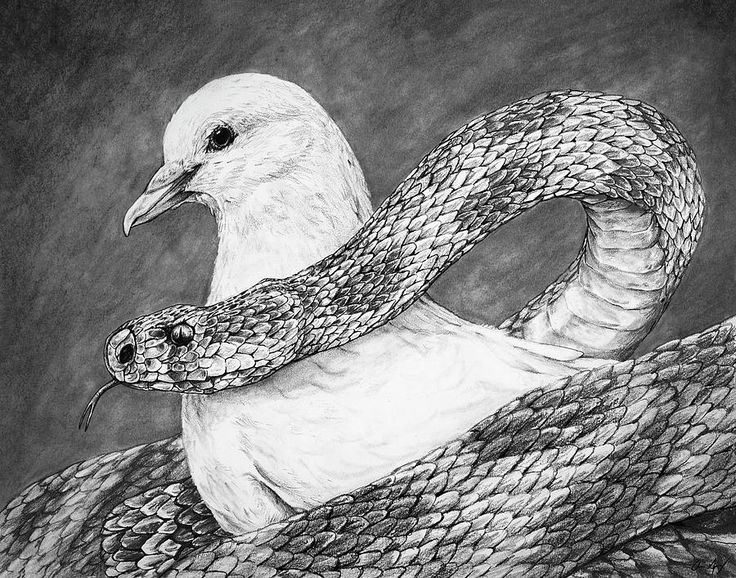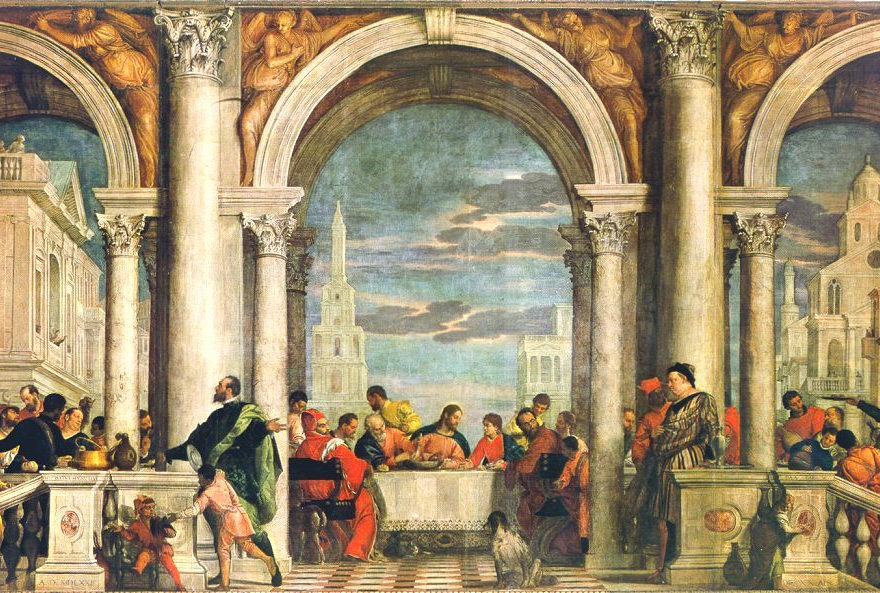Tag: John Locke
-

Counsels of the Wise, Part 4: Preliminary Instruction in Prudence
How does a person become wise? What are the proper ingredients in an educational paradigm aimed at prudence? Where would we even begin? So much of K-12 education seems to have nothing to do with practical wisdom, as Aristotle defines it. How do we recover the classical goals of wisdom and virtue in earnest, and…
-

Why the History of Narration Matters, Part 3: Narration’s Rebirth
In my previous two articles I framed my discussion of the history of narration with the controversy between Charlotte Mason and classical Christian education advocates. I suggested that narration’s history may be a fact that puts to rest the false dichotomies of either side. While Charlotte Mason did claim discovery of certain principles related to…
-

Why The History of Narration Matters, Part 1: Charlotte Mason’s Discovery?
I’ve decided to put the series on Bloom’s Taxonomy vs. Aristotle’s Intellectual Virtues on hold for a couple months after contracting with Classical Academic Press to film two courses in December for ClassicalU: one on narration and another on Charlotte Mason’s philosophy for classical educators. So I’m returning to the topic of narration and Charlotte…
-

Marketing, Manipulations and True Classroom Leadership
Earlier this fall I finished reading Simon Sinek’s Start with Why: How Great Leaders Inspire Everyone to Take Action. Besides being inspired and challenged in my own leadership, I was deeply taken with his vision for effective marketing or branding: the idea that starting with why the organization exists is the most effective way to…
-

Attention, Then and Now: The Science of Focus Before and After Charlotte Mason’s Time
The importance of attention for education is almost proverbial. Who has not seen the stereotype of a student staring out the window, while the teacher drones on? Movies and TV shows are filled with it. Everybody knows that a wandering attention and a lack of interest hamper a student’s learning. But we haven’t always paid…

